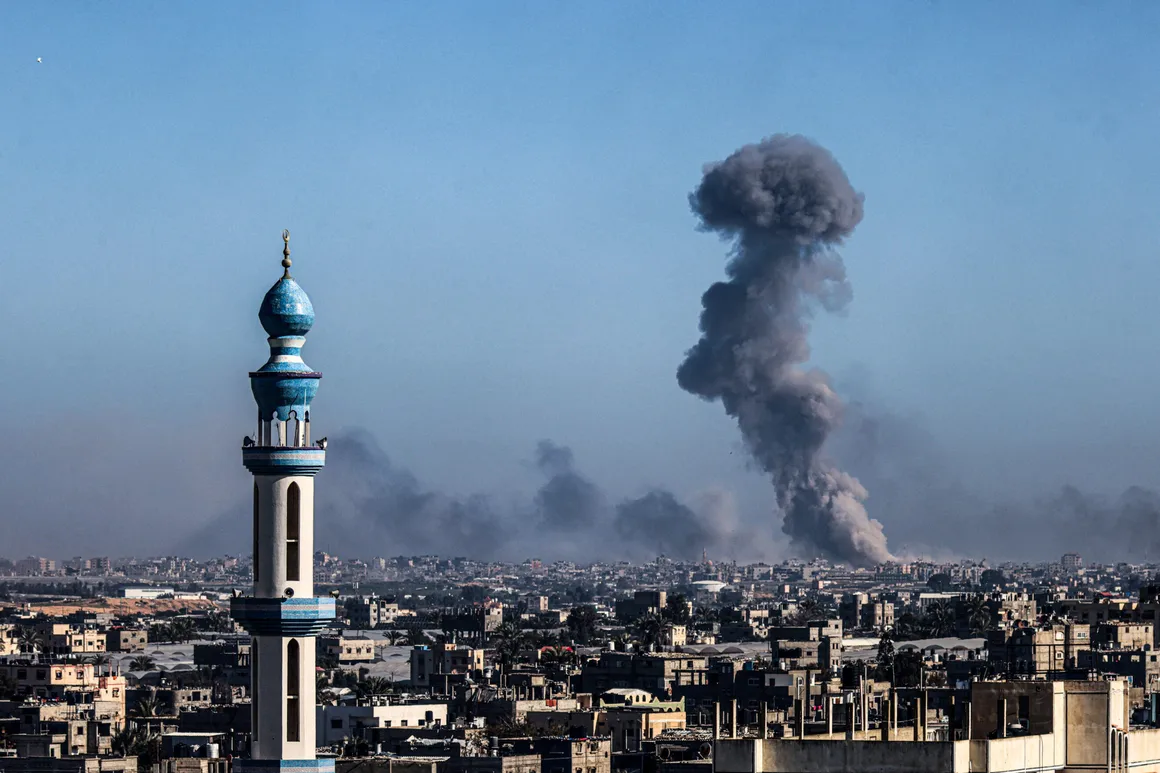Egypt is considering the possibility of nullifying its long-standing peace agreement with Israel

The peace treaty between Israel and Egypt, brokered at Camp David, marked a historic moment with a warm handshake between Egyptian President Anwar Sadat and Israeli Prime Minister Menachem Begin, overseen by U.S. President Jimmy Carter. This agreement, forged in 1978 and solidified in 1979, has been a crucial factor in maintaining stability in the region for over four decades. Despite enduring Palestinian uprisings and conflicts between Israel and Hamas, the treaty has remained intact. However, recent tensions, particularly regarding Israeli military actions in Gaza, have prompted Egypt to threaten nullification of the agreement.
As per the peace treaty terms, Israel committed to vacate the Sinai region, which Egypt would maintain as a demilitarized zone. Israeli vessels gained access to the Suez Canal, a vital trade passage. Additionally, the agreement marked the establishment of full diplomatic ties, marking Israel’s inaugural peace deal with an Arab nation.
Paige Alexander, chief executive of the Carter Center, remarked on the Camp David Accords, highlighting the courageous leadership of the three individuals involved. She emphasized the need for similar leadership today, particularly expressing concern about the current Israeli government’s approach.
Egyptian officials and a Western diplomat informed The Associated Press on Sunday that Egypt might halt the peace treaty if Israeli forces enter Rafah.
Prime Minister Netanyahu contends that Rafah is Hamas’ last stronghold, necessitating ground troop deployment to defeat the group.
However, Egypt opposes actions that could force desperate Palestinians into its territory. Rafah serves as a crucial entry point for humanitarian aid, and an Israeli assault could disrupt supply deliveries.
The population of Rafah has surged from 280,000 to an estimated 1.4 million as Palestinians flee conflicts in Gaza, with many residing in makeshift camps.
Netanyahu has instructed the military to devise a plan to evacuate all Palestinian civilians before the offensive. Yet, the destination for these evacuees remains uncertain.
Netanyahu proposed on Sunday that they relocate to less affected areas farther north. Nonetheless, these regions have suffered significant damage due to the Israeli offensive.
The treaty imposes significant limitations on troop numbers along both sides of the border, enabling Israel to redirect its military focus towards other threats.
In addition to the conflict in Gaza, Israel has been involved in frequent clashes with the Hezbollah militant group in Lebanon, while its security forces are heavily deployed in the occupied West Bank.
Should Egypt terminate the agreement, Israel may no longer enjoy the tranquility along its southern border. Strengthening forces along the border with Egypt would undoubtedly pose a challenge to Israel’s already stretched military capacity.
However, Egypt would also face serious consequences. Since the peace agreement, Egypt has received substantial military aid from the U.S., amounting to billions of dollars. Nullifying the agreement could put this funding at risk. Moreover, a significant military buildup would further strain Egypt’s already struggling economy.
Alexander warned that an Israeli attack on Rafah could escalate tensions and potentially draw Egypt into the conflict, leading to catastrophic consequences for the entire region.

